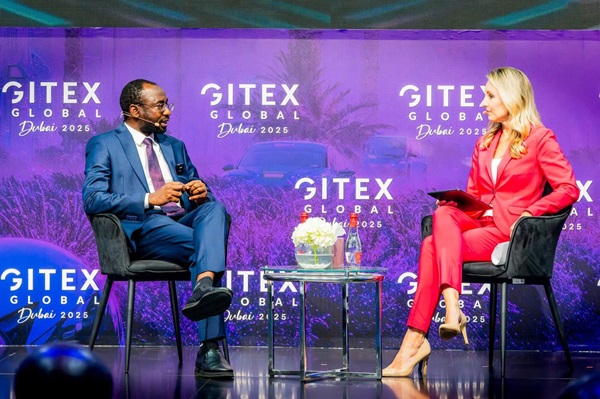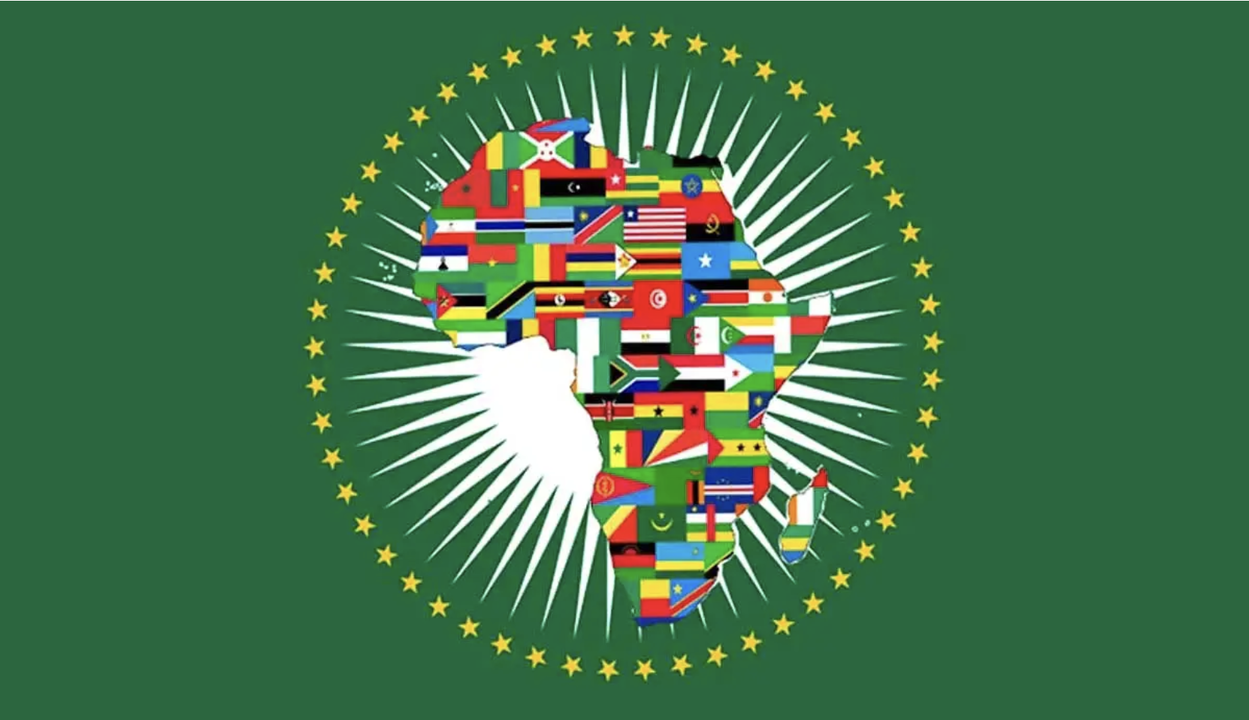In a bold push to secure Africa’s digital future, Nigeria’s National Information Technology Development Agency (NITDA) is leading the charge for sovereign data and computing resources, urging policymakers to align regulations that harness artificial intelligence (AI) for smarter credit scoring and healthcare decisions. Director-General Kashifu Inuwa Abdullahi, speaking at high-profile global forums this month, warned that without homegrown infrastructure, the continent risks becoming a passive consumer of foreign AI technologies, perpetuating inequalities in critical sectors like finance and medicine.
Abdullahi’s clarion call comes amid Nigeria’s rapid AI adoption where 70% of the online population now uses generative tools, far surpassing the global average of 48% yet the nation grapples with fragmented policies and a mere fraction of the global AI investment pie. “Africa must build its own AI future with local data and infrastructure,” Abdullahi declared during a panel at the Hyperscalers Convergence Africa 2025 in Lagos earlier this month. He emphasized that reliance on external systems not only stifles innovation but also exposes sensitive data to risks, especially in high-stakes areas like financial inclusion and patient care.
At the heart of NITDA’s strategy is the National Artificial Intelligence Strategy (NAIS), a blueprint structured around five pillars: foundational infrastructure, ecosystem strengthening, sector-specific adoption, ethical AI promotion, and robust governance. This framework, co-created with startups, innovators, and civil society, prioritizes expanding local data centers and sovereign cloud platforms to create representative national datasets. “Data is a critical national asset,” Abdullahi noted, highlighting NITDA’s finalized data classification framework that mandates sensitive information particularly in finance, healthcare, and government to be stored within Nigeria’s borders. This move, aligned with the Nigeria Data Protection Act (NDPA) 2023, aims to curb cross-border data breaches and attract hyperscalers like Google, which has pledged collaboration on local data centers to boost cloud adoption.
In the financial sector, NITDA envisions AI as a game-changer for Nigeria’s 40 million unbanked adults. Abdullahi detailed how AI-driven tools are already detecting fraud, enhancing credit access through alternative data analytics, and accelerating financial inclusion potentially unlocking billions in economic value.
“In finance, AI tools are improving credit decisions by analyzing non-traditional data like mobile money patterns and agricultural yields, ensuring fairer lending for small businesses and farmers,” he explained during a fireside chat at GITEX Global 2025 in Dubai last week. Yet, he stressed the need for policy alignment to embed ethics guidelines, preventing biases that could exacerbate gender or regional disparities in credit scoring.
Healthcare stands to benefit equally, with NITDA advocating AI for predictive diagnostics and personalized treatment in a country where doctor-to-patient ratios lag far behind global standards. By leveraging local computer infrastructure, AI could streamline drug supply chains, enable remote telemedicine in rural areas, and analyze health data for outbreak prevention all while safeguarding patient privacy through data localization. “We’re not just building tech; we’re ensuring innovation balances trust, transparency, and accountability,” Abdullahi said, echoing NAIS’s focus on inclusive policymaking that involves industry players to avoid “policies that end up on the shelf.”
NITDA’s efforts extend beyond rhetoric. The agency has invested in 55 AI startups, launched the 3 Million Technical Talent (3MTT) program one of the world’s largest digital upskilling initiatives and integrated AI literacy into national education curricula. Partnerships with global giants like Google and Luminate are fueling sovereign AI funds, while NITDA’s push for an indigenous Large Language Model (M-ATLAS) promises culturally attuned tools for local languages and contexts.
Experts hail these initiatives as a blueprint for the continent. “Nigeria’s collaborative model could inspire ECOWAS neighbors to harmonize AI regulations, closing the gap where only 10 of 15 West African countries have strategies,” said Dr. Bosun Tijani, Minister of Communications, Innovation and Digital Economy, in a related statement.However, challenges remain: policy fragmentation, a talent shortage (Africa claims just 3% of global AI experts), and underinvestment in infrastructure could derail progress if not addressed swiftly.
As GITEX 2025 wraps up, Abdullahi’s message resonates: Nigeria is positioning itself as Africa’s AI powerhouse, but only through deliberate, inclusive policies that prioritize local control. With AI projected to add $15 billion to Nigeria’s economy by 2030, the stakes and opportunities couldn’t be higher. NITDA’s vision isn’t just about code and servers; it’s about empowering millions to thrive in an AI-driven world.




